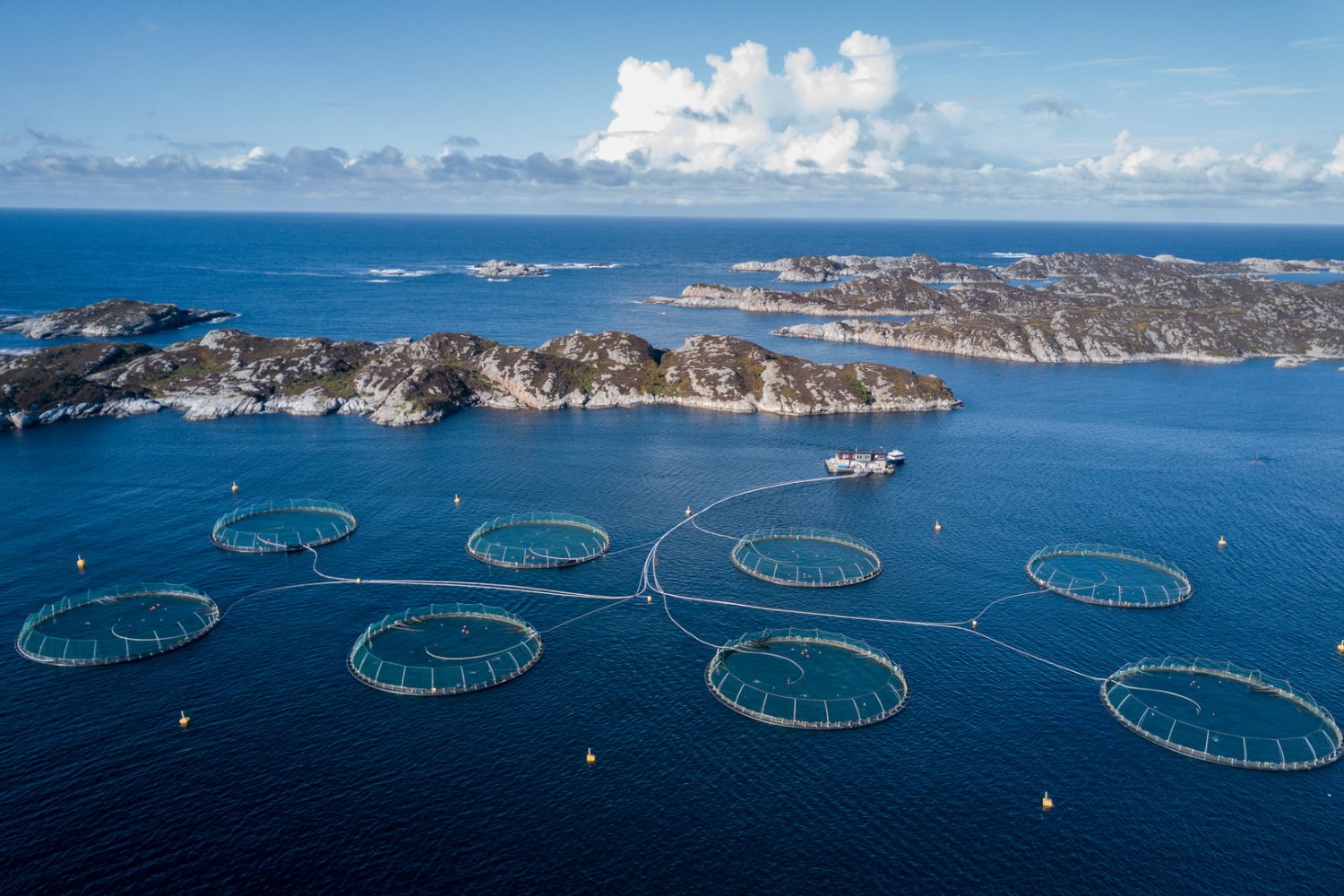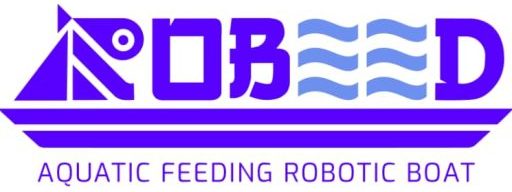
Enhancing Quality and Sustainability: The Imperative for Innovation in Aquaculture
Introduction:
Aquaculture, the farming of aquatic organisms, has emerged as a critical component of global food production, contributing significantly to meeting the increasing demand for seafood. However, as aquaculture operations expand to meet growing consumption trends, there is a pressing need to address challenges related to food quality, sustainability, and environmental stewardship. In this blog, we explore the importance of food quality in aquaculture and discuss the innovations needed to ensure the industry’s long-term viability and success.
Ensuring Food Quality:
The quality of seafood produced through aquaculture is paramount, not only for consumer satisfaction but also for public health. Seafood is prized for its high protein content, omega-3 fatty acids, and essential nutrients, making it a valuable component of a healthy diet. However, the quality of farmed seafood can be influenced by various factors, including feed composition, water quality, disease management, and handling practices.
One of the critical factors influencing food quality in aquaculture is the composition of the feed given to farmed fish. A balanced and nutritionally complete diet is essential for promoting healthy growth, enhancing flesh quality, and minimizing the risk of disease. Innovations in feed technology, such as the development of sustainable and alternative feed ingredients, can help improve the nutritional profile of farmed seafood while reducing the industry’s reliance on wild-caught fish as feed.
Water quality also plays a crucial role in determining the quality of farmed seafood. Poor water quality can lead to stress, disease outbreaks, and reduced growth rates in farmed fish, ultimately affecting the taste, texture, and nutritional value of the final product. Implementing water quality monitoring systems and adopting best management practices can help maintain optimal conditions for fish growth and ensure the production of high-quality seafood.
Additionally, disease management is a significant concern in aquaculture, as disease outbreaks can have devastating consequences for farm productivity and profitability. Preventative measures, such as vaccination, biosecurity protocols, and genetic selection for disease resistance, are essential for minimizing the risk of disease and ensuring the health and quality of farmed seafood.
Promoting Sustainability:
In addition to food quality, sustainability is a key consideration in modern aquaculture practices. Sustainable aquaculture aims to minimize environmental impact, conserve natural resources, and support the long-term health of aquatic ecosystems. Achieving sustainability in aquaculture requires innovations in production methods, resource management, and environmental stewardship.
One area of innovation in sustainable aquaculture is the adoption of recirculating aquaculture systems (RAS), which recirculate and treat water within closed containment systems, reducing water usage and minimizing the discharge of pollutants into the environment. RAS technology allows for precise control of water quality parameters, ensuring optimal conditions for fish growth while minimizing environmental impact.
Another innovation in sustainable aquaculture is the development of integrated multitrophic aquaculture (IMTA) systems, which co-culture multiple species in the same production area to maximize resource utilization and minimize waste. IMTA systems utilize nutrient cycling between species to enhance ecosystem productivity, reduce the need for external inputs, and promote environmental sustainability.
Furthermore, advancements in aquafeed technology, such as the use of alternative feed ingredients derived from sustainable sources, can help reduce the environmental footprint of aquaculture operations by decreasing reliance on wild-caught fish as feed. Alternative feed ingredients, such as algae, insects, and plant proteins, offer a more environmentally friendly and cost-effective alternative to traditional fishmeal and fish oil.
Conclusion:
In conclusion, ensuring food quality and promoting sustainability are essential imperatives in modern aquaculture practices. Innovations in feed technology, water quality management, disease prevention, and sustainability initiatives are crucial for meeting the growing demand for seafood while safeguarding the health of aquatic ecosystems and the well-being of future generations. By embracing innovation and adopting sustainable practices, the aquaculture industry can continue to thrive and contribute to global food security and environmental conservation efforts.

